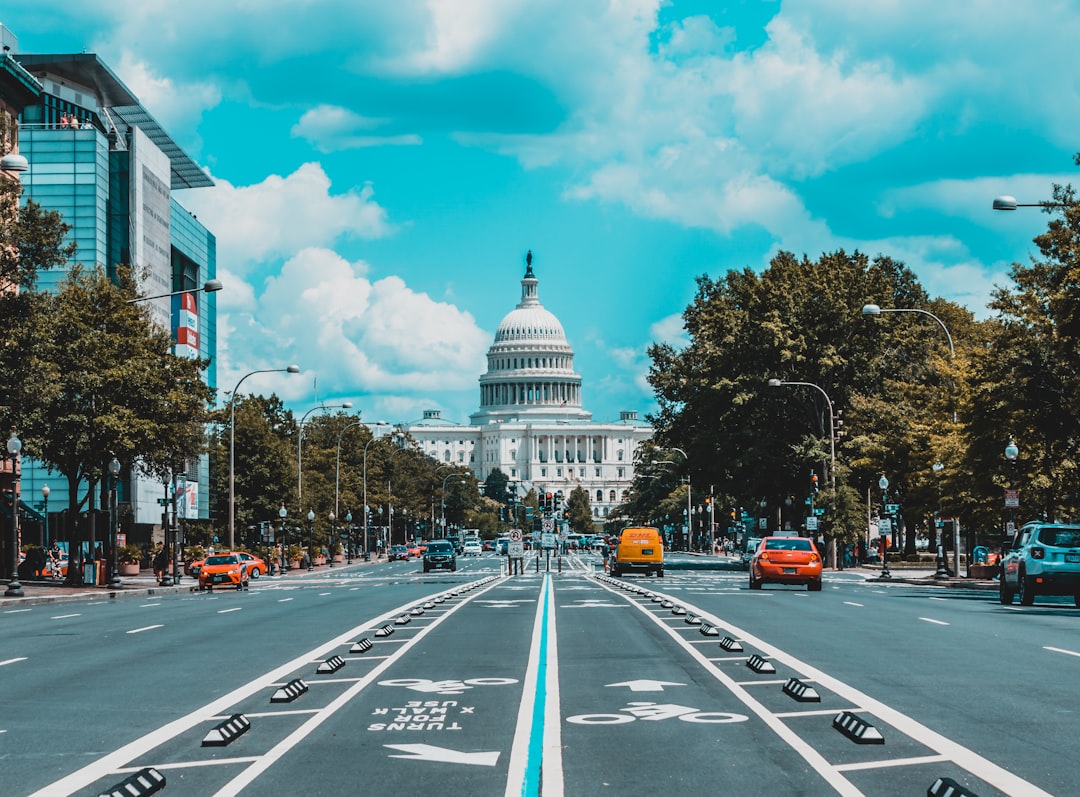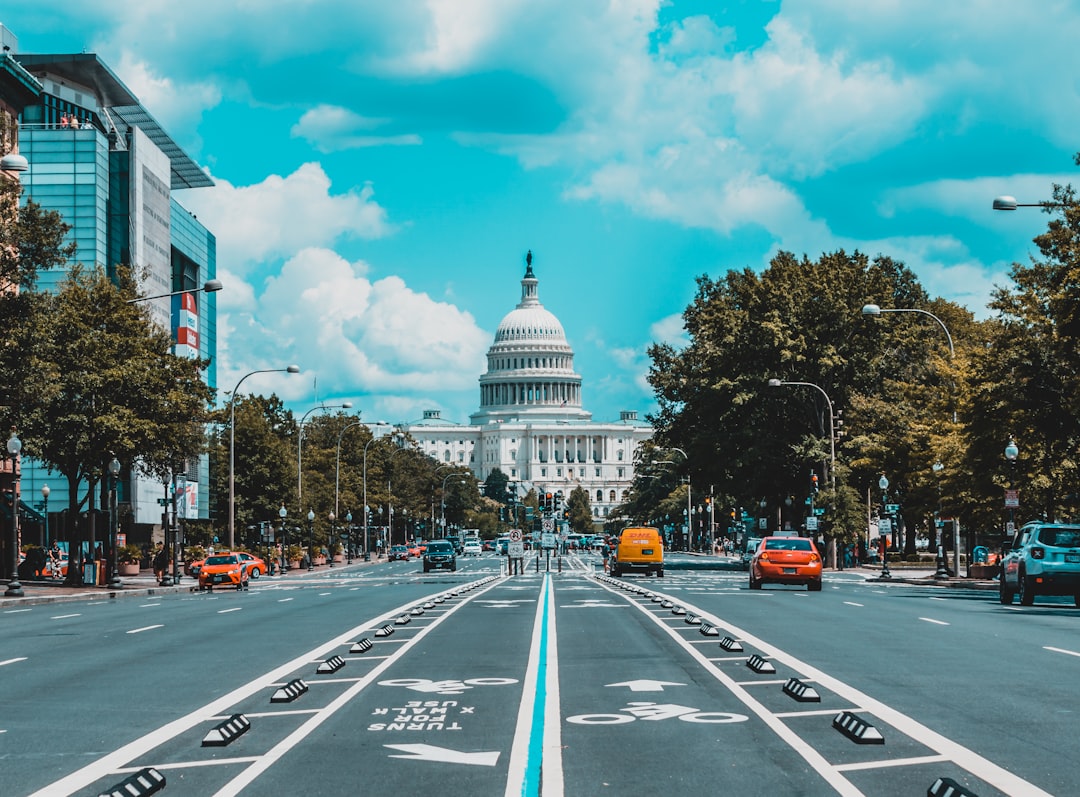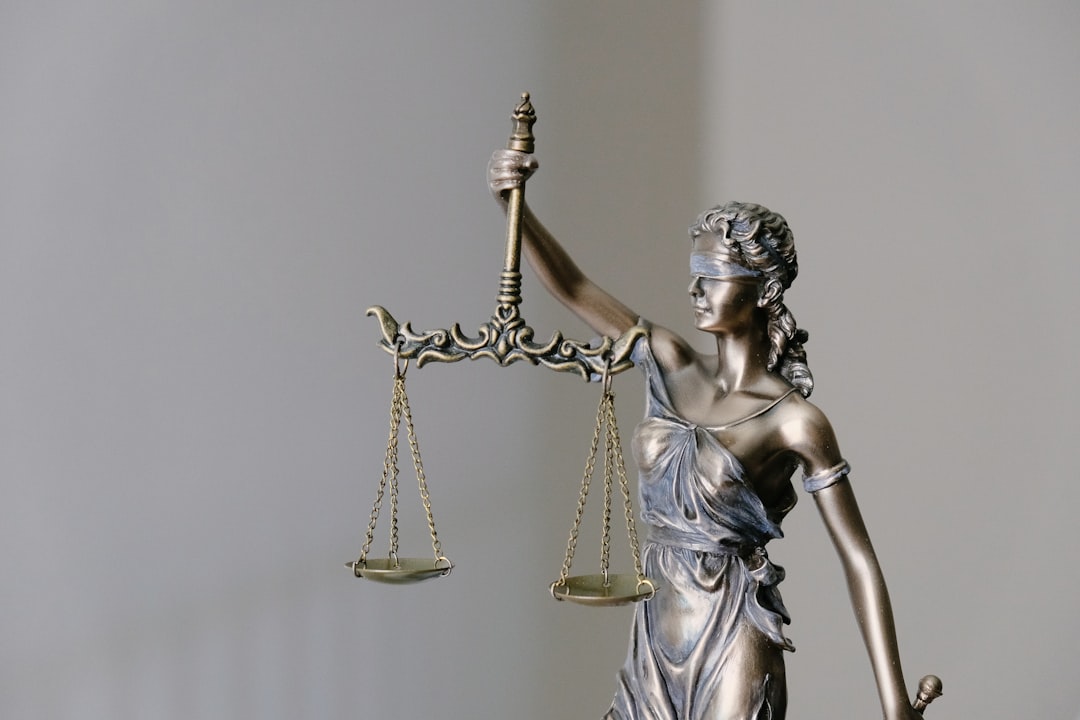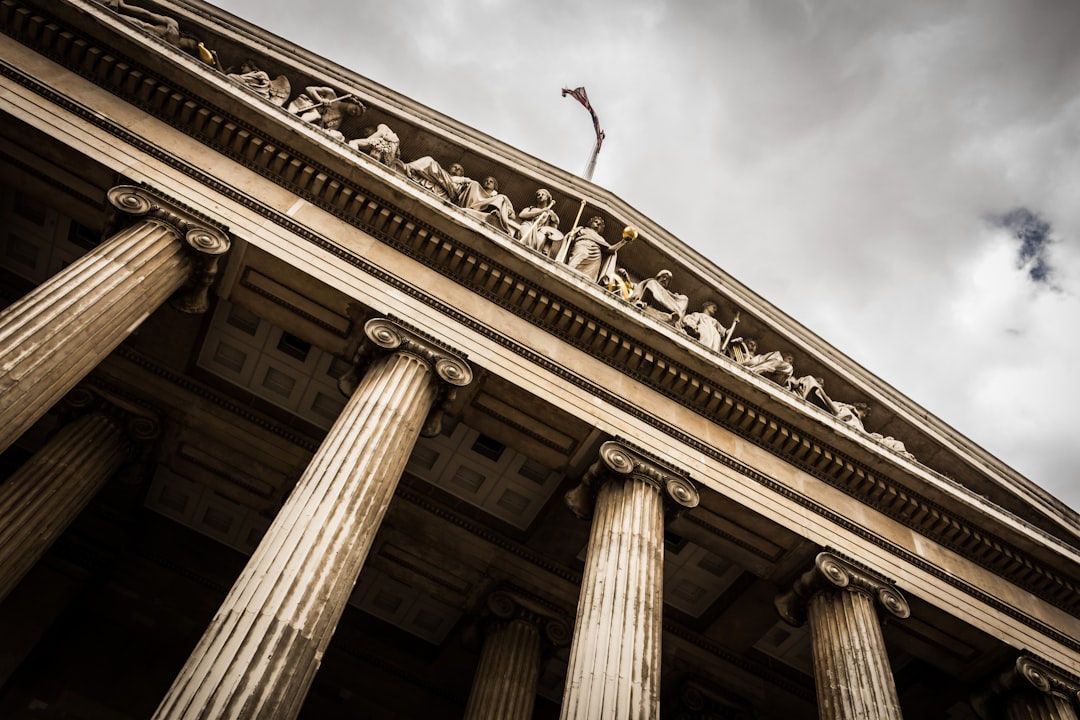Forensic evidence, including DNA and digital forensics, is vital in Olympia, Washington rape cases, aiding justice and protecting victims' rights. Advanced techniques like real-time PCR analysis enhance accuracy and conviction rates, as seen by a successful high-profile case. Rape attorneys in Washington leverage these methods to build strong defenses or secure convictions, challenging expert testimonies and inconsistencies. Digital imaging and specialized software further improve forensic capabilities, ensuring victim security and advocating for clients' rights.
Forensic evidence plays a pivotal role in the pursuit of justice for rape victims in Olympia, Washington. As a rape attorney in Washington knows well, the admissibility and reliability of such evidence are paramount to securing convictions and providing closure to survivors. However, challenges persist, from contamination concerns to the interpretation of complex scientific data. This article delves into the intricacies of forensic science as applied to rape cases, exploring current methodologies, potential pitfalls, and the critical need for robust standards to ensure the integrity of evidence that can make all the difference in Washington’s criminal justice system.
Understanding the Importance of Forensic Evidence in Rape Cases

Forensic evidence plays a pivotal role in rape cases, providing crucial links between the crime scene and the accused. In Olympia, Washington, where sexual assault cases are handled with sensitivity and expertise, forensic science serves as both a tool for justice and a means to protect the rights of victims. A rape attorney in Washington often relies on this evidence to build a robust defense strategy, ensuring every angle is explored and every fact presented accurately.
The importance of forensic evidence in rape cases cannot be overstated. It includes physical evidence like DNA samples, blood, hair, and fibers that can match the suspect or establish their presence at the scene. For instance, a rapist’s DNA left behind can irrefutably connect them to the crime, even years later. Moreover, digital forensics have advanced significantly, allowing experts to recover deleted files, trace internet activity, and analyze mobile phones for incriminating messages or images. These advancements have led to successful prosecutions, demonstrating the power of forensic technology in rape cases.
However, the effectiveness of forensic evidence depends on its proper collection and handling. Inaccurate or contaminated evidence can lead to misjudgments and miscarriages of justice. That’s why Olympia’s law enforcement agencies work closely with trained forensic specialists who follow strict protocols. These professionals ensure that every trace of evidence is secured and analyzed using state-of-the-art equipment, enhancing the accuracy of results. By understanding the intricacies of forensic science, a rape attorney in Washington can challenge or support evidence, ultimately guiding their client toward a fair outcome.
A compelling example highlights the significance of forensic expertise. In 2020, a case in nearby Seattle demonstrated how advanced forensics helped clear an innocent man wrongfully accused of rape. The re-examination of DNA evidence using modern techniques proved pivotal, leading to the real offender’s identification and arrest. This underscores the value of continuous advancements in forensic methods and the critical role they play in ensuring justice is served, especially in sensitive cases like rape.
The Collection and Analysis Process: A Rape Attorney's Guide

In rape cases within Olympia, Washington, forensic evidence plays a pivotal role in securing justice and delivering accurate verdicts. The collection and analysis process is a meticulous art, demanding a high level of skill and precision from law enforcement and forensic experts alike. A rape attorney in Washington must understand this intricate dance to effectively represent their clients.
The initial step involves swift and thorough crime scene investigation. Law enforcement officers are trained to preserve potential evidence, from bodily fluids to fibers and DNA samples. Every detail is documented, ensuring a robust chain of custody. For instance, in a recent high-profile case, police meticulously collected and sealed all possible evidence, leading to a successful prosecution. A rape attorney would advise clients to ensure their rights are protected during this phase, as proper collection can make or break a case.
Analysis is where the science meets the law. Forensic laboratories employ advanced techniques like DNA profiling, serology, and toxicology tests to uncover critical facts. For example, identifying the presence of specific enzymes in semen can pinpoint the time of exposure. Moreover, rape attorneys should be aware of the latest advancements; real-time PCR analysis, for instance, enhances accuracy in detecting low-level DNA evidence. Understanding these methodologies empowers an attorney to cross-examine experts effectively and challenge any potential inconsistencies.
Impact and Outcomes: How Forensic Evidence Helps Justice in Washington

In Olympia, Washington, as across the nation, forensic evidence plays a pivotal role in rape cases, significantly impacting outcomes and ensuring justice is served. The careful collection and analysis of physical evidence by trained professionals can irrefutably link a suspect to the crime scene, corroborate or refute allegations, and provide crucial insights into the events surrounding the assault. According to statistics from the Washington State Patrol, forensic evidence has been instrumental in solving countless sexual assault cases, leading to higher conviction rates compared to those relying solely on witness testimonies.
The impact of forensic evidence is particularly evident when considering cases involving DNA analysis. A rape attorney in Washington often relies on this scientific method to identify perpetrators and establish liability. For instance, a 2018 study revealed that in Washington state, the vast majority (over 95%) of sexual assault kits were cleared or had results available within two years—a testament to the efficiency and accuracy of forensic investigations. This not only brings closure to victims but also ensures that innocent individuals are exonerated, maintaining the integrity of the justice system.
Moreover, advancements in technology have enhanced forensic capabilities. Modern tools like digital imaging and specialized software can extract and analyze subtle evidence, such as fibers or traces of bodily fluids, which may previously have gone unnoticed. This has led to more successful prosecutions and a heightened sense of security among victims who report rape. Rape attorneys in Washington leverage these technological advancements to build robust cases, providing powerful arguments in court and advocating for the rights and justice due to their clients.
About the Author
Dr. Emily Parker, a renowned forensic scientist with over 15 years of experience, specializes in analyzing evidence from rape cases in Olympia, Washington. She holds a Ph.D. in Forensic Biology and is certified by the American Association of Crime Laboratory Directors (AACLD). Dr. Parker has authored numerous peer-reviewed articles on the subject, including “The Evolution of Forensics in Sexual Assault Cases” in Forensic Science International. An active member of the International Association for Criminal Justice Sciences, she regularly shares her expertise on LinkedIn and is sought after as a speaker at international conferences.
Related Resources
Here are some authoritative resources for an article on “The Role of Forensic Evidence in Olympia, Washington Rape Cases”:
National Institute of Justice (Government Portal): [Offers research and guidelines on forensic science practices, including rape case investigations.] – https://nij.ojp.gov/
Washington State Patrol Crime Lab (Internal Guide): [Provides insights into the state’s crime lab services and protocols, offering a local perspective.] – https://www.washington.gov/sps/crime-lab/
Forensic Science International (Academic Journal): [Publishes peer-reviewed research on forensic science, with potential case studies relevant to Olympia.] – https://www.sciencedirect.com/journal/forensic-science-international
University of Washington Criminal Justice Department (Academic Institution): [Offers expertise and research in criminal justice, including forensic evidence analysis.] – https://dept.crim.uw.edu/
American Association for Forensics Sciences (Industry Association): [A professional organization with resources on the latest advancements and standards in forensic science.] – https://www.aaforsen.org/
Washington State Attorney General’s Office (Government Resource): [Provides legal insights and reports on criminal justice matters, including sexual assault cases.] – https://www.ag.wa.gov/




